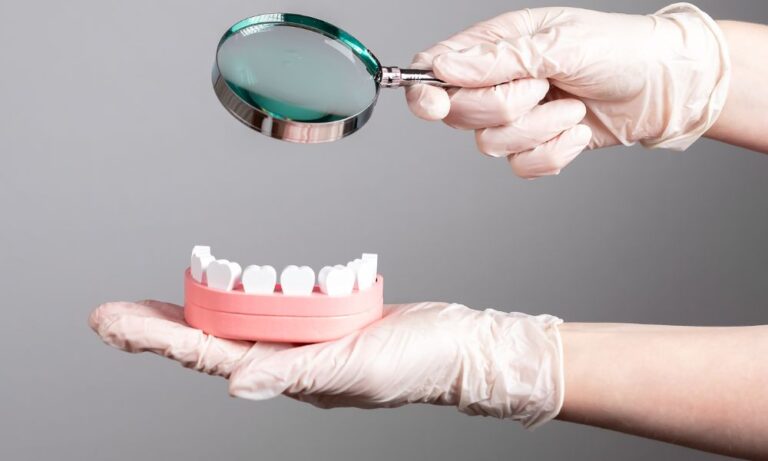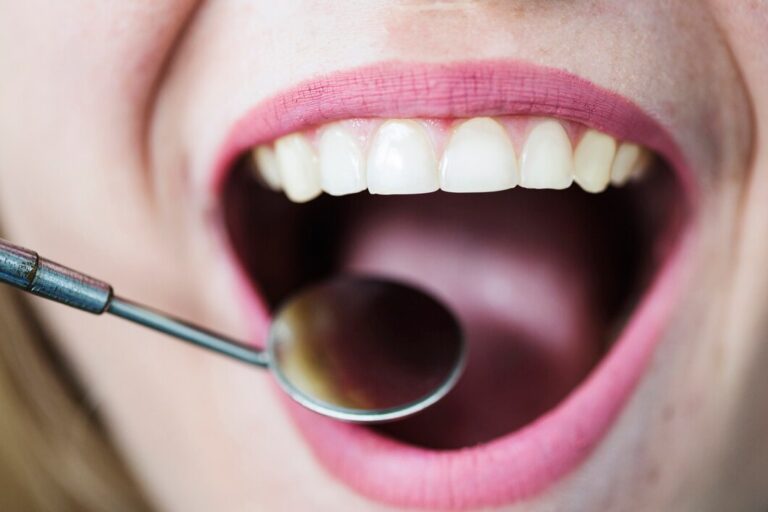Gum sensitivity is a common issue that many of us encounter, but it’s not something you have to live with. Understanding the root causes and learning how to manage this discomfort effectively can significantly improve your oral health and quality of life. We often use our experience to help our patients identify the factors contributing to their sensitive gums and provide them with personalized solutions to alleviate their symptoms.
The journey to less sensitive gums starts with the right information and the right tools. Whether it’s choosing the appropriate dental products or incorporating new oral health habits, each step is crucial. It is important to recognize when home care is sufficient and when it’s time to seek professional help. Through this blog, we’ll guide you through understanding the intricacies of gum sensitivity, giving you the knowledge you need to take proactive steps toward better gum health. Remember, taking care of your gums is a vital part of maintaining your overall health, and we are here to support you every step of the way.
Identifying the Causes of Gum Sensitivity
Gum sensitivity can arise from a variety of sources, and understanding these can be the first step toward relief. One common cause is gum disease, which inflames the gum tissue, making it more susceptible to pain and discomfort. Other factors include aggressive brushing with a hard-bristled toothbrush or using toothpaste that’s too abrasive for your gums. Sometimes, lifestyle factors such as smoking or a high-sugar diet can exacerbate sensitivity by promoting gum recession and increasing the exposure of sensitive roots.
It’s not uncommon for some individuals to experience gum sensitivity due to genetic predispositions or certain medical conditions like diabetes, which affects blood flow to the gums, decreasing their ability to heal and maintain resilience. By identifying the underlying causes of your sensitive gums, we can better tailor a treatment plan that addresses your specific needs, helping to alleviate discomfort and restore gum health.
Choosing the Right Dental Products for Sensitive Gums
When it comes to managing sensitive gums, selecting the appropriate dental products is crucial. We recommend using a soft-bristled toothbrush that gently cleans without irritating sensitive gums. It’s also important to choose toothpaste specifically formulated for sensitive teeth and gums; these often contain ingredients like potassium nitrate, which helps block the tiny tubules in the dentin that transmit pain from hot and cold stimuli.
Additionally, incorporating a mouthwash designed for sensitive mouths can complement your brushing and flossing routine, offering extra protection against sensitivity triggers. These rinses often contain ingredients like fluoride or aloe vera, providing a soothing effect while also strengthening enamel and reducing inflammation. Remember, the products you choose should not only ease sensitivity but also support the overall health of your gums, ensuring they remain strong and resilient against potential irritants.
Daily Habits to Reduce Gum Sensitivity
Incorporating certain daily habits into your routine is crucial in managing and reducing gum sensitivity. We advise our patients to adopt gentle yet effective oral healthcare routines. One fundamental step is to use a soft-bristled toothbrush. Hard brushes can aggravate sensitive gums, causing further irritation or recession. Gently brushing your teeth in a circular motion rather than back-and-forth can also minimize harm to your gums.
Additionally, we recommend using toothpaste specifically formulated for sensitive gums, which can help alleviate discomfort. Keeping up with regular dental check-ups is imperative as these not only maintain your oral health but also preemptively address any issues that could exacerbate gum sensitivity. By adjusting daily habits, such as limiting highly acidic or sugary drinks, our patients can see substantial improvements in their gum health and overall comfort.
When to Seek Professional Help for Sensitive Gums
Sensitive gums often serve as a warning sign for more profound dental issues. If you experience ongoing gum sensitivity, bleeding during brushing or flossing, or persistent bad breath, these could be indications of underlying problems needing professional attention. It’s essential not to ignore these symptoms as they may signal gingivitis or periodontitis, which require treatment beyond home care.
We strongly advise scheduling an appointment at our clinic if you notice any exacerbation in gum sensitivity or if the usual remedies no longer provide relief. Early professional intervention can greatly improve outcomes, and sometimes, addressing these issues promptly can prevent more invasive treatments later on. Remember, proactive and preventive care is key to managing gum health effectively.
Conclusion
Caring for sensitive gums doesn’t have to be daunting. By understanding the causes, choosing appropriate dental products, engaging in protective daily routines, and seeking timely professional advice, you can significantly enhance your oral health. Remember, your overall well-being is connected to your oral health, and taking charge of one helps safeguard the other.
At Colorado Gum Care Northglenn, CO, we are committed to providing you with the best dental care tailored to meet your individual needs. We believe that everyone deserves a comfortable, confident smile. Book your appointment with our oral surgeon in Colorado today, and take a positive step towards a healthier, happier mouth. Your gums—and your smile—will thank you!







